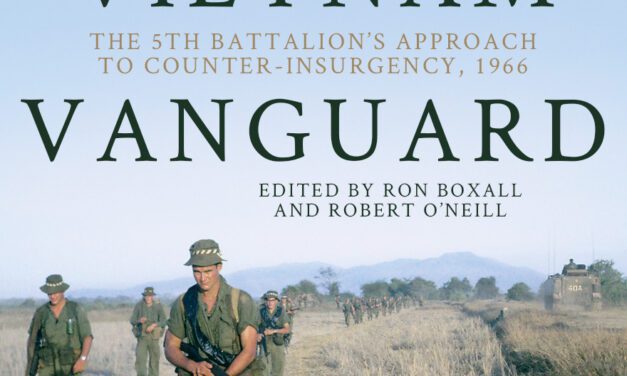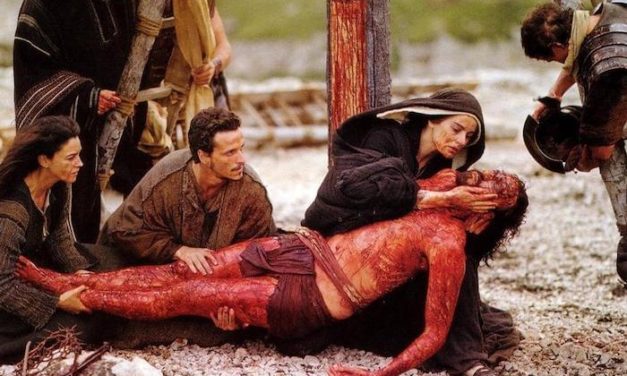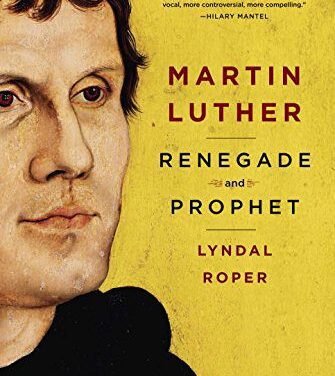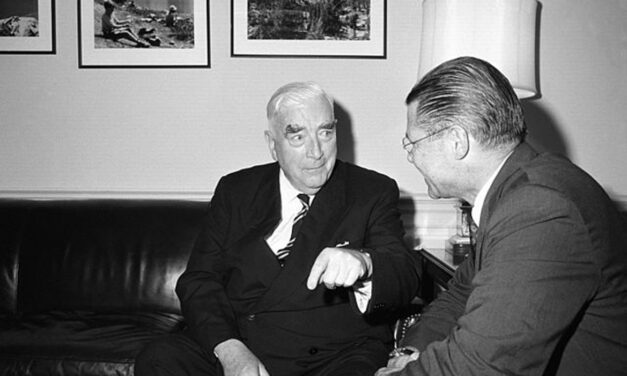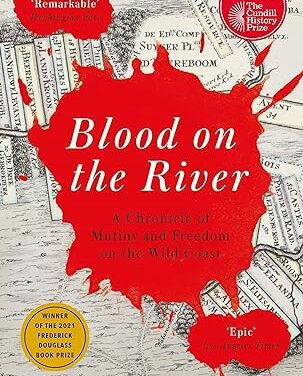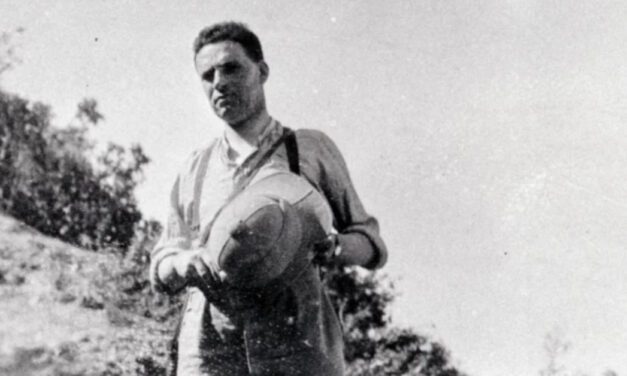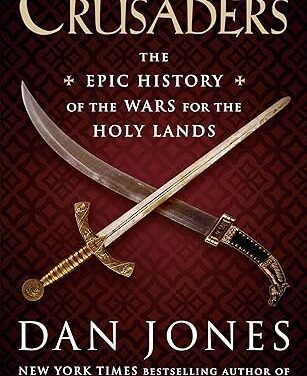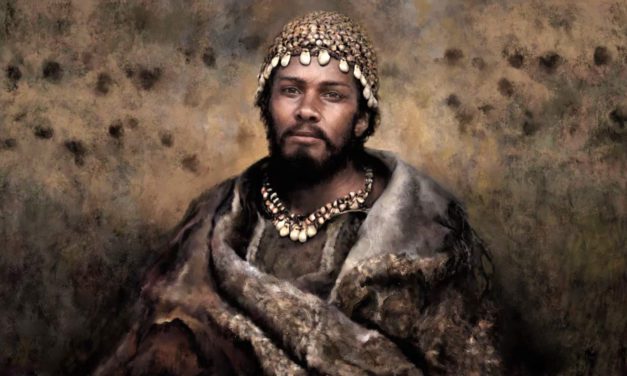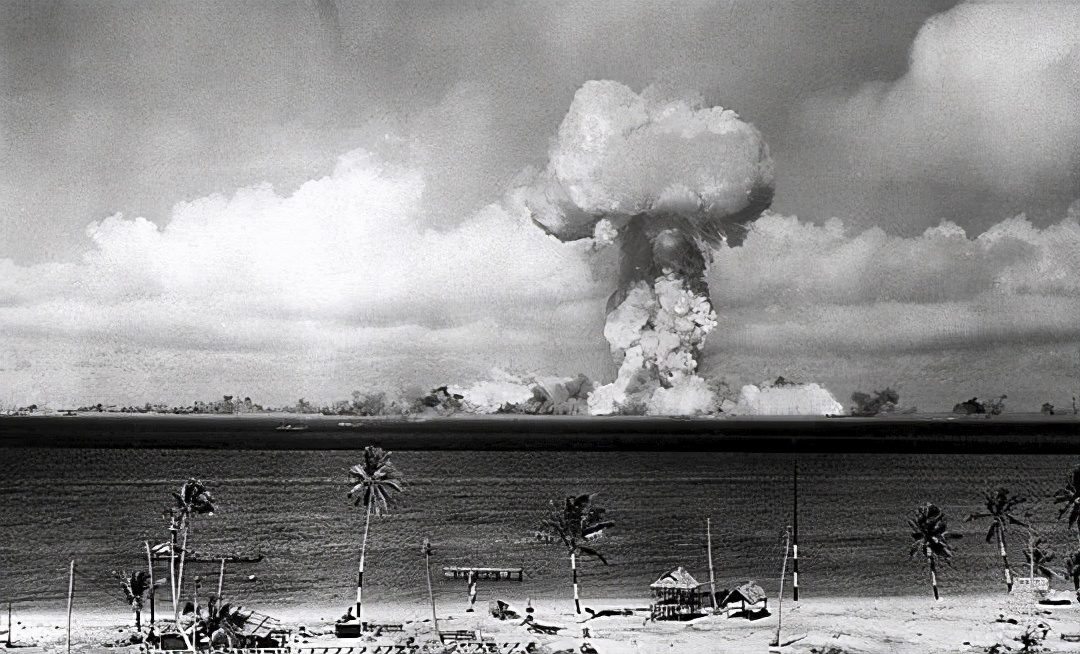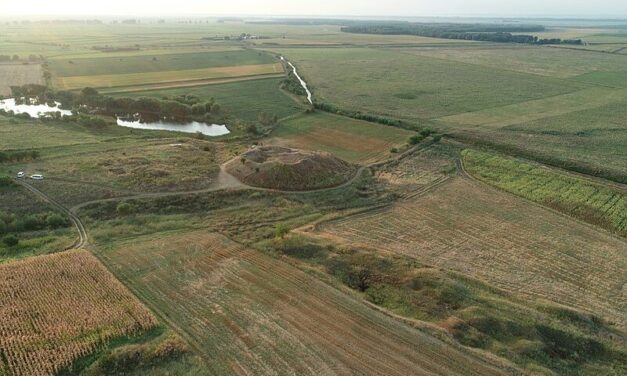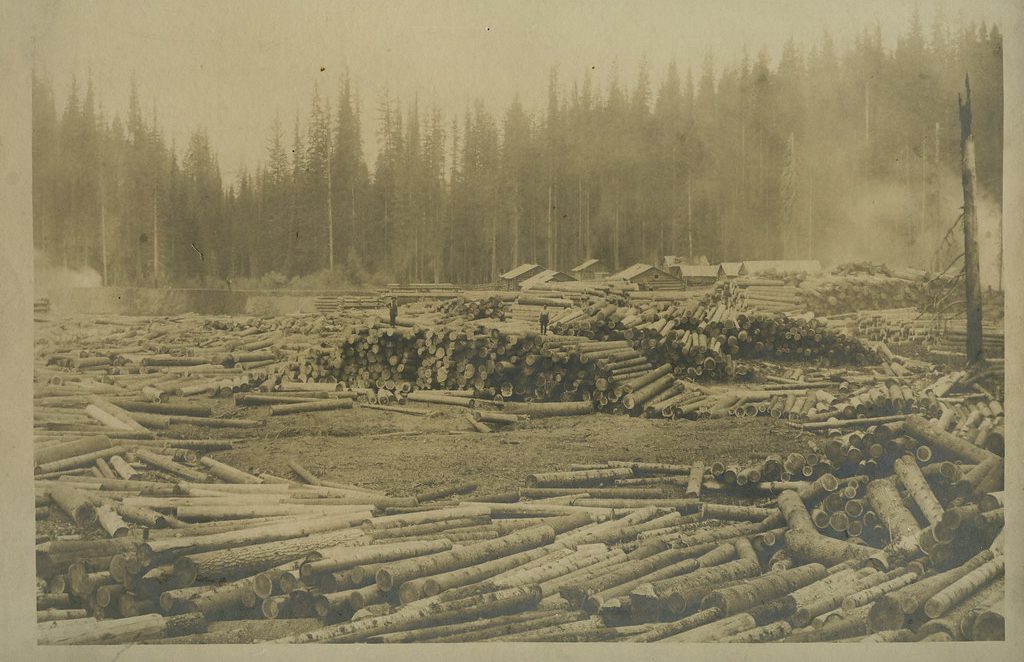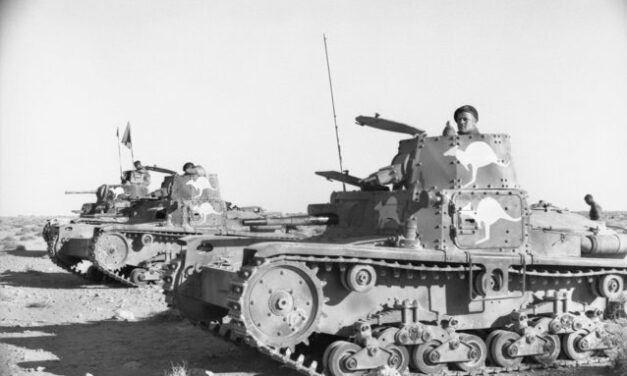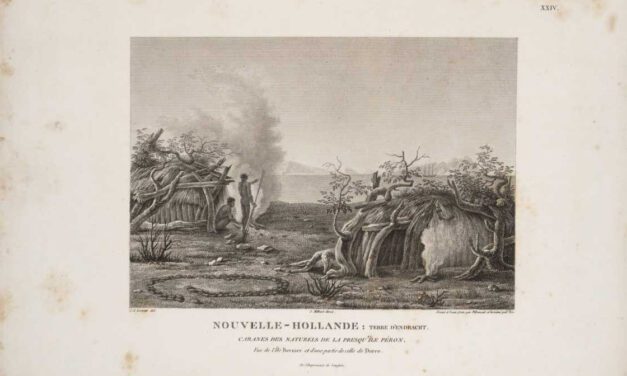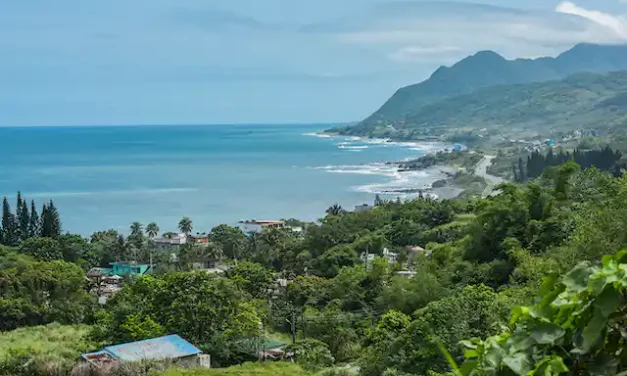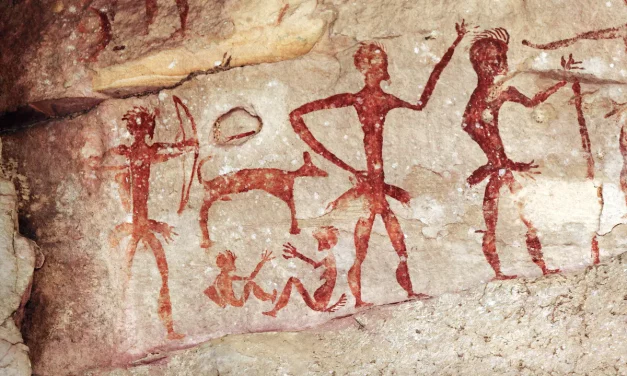‘Vietnam vanguard’—a unit history of lasting value
Reading time: 5 minutes
The 5th Battalion’s approach to counter-insurgency, 1966. The first Australian infantry battalion to be committed to Vietnam in 1965, 1RAR, was inserted into the American 173rd Airborne Brigade. Theirs was not a happy experience. The Australians were not impressed by the American way of war, with its emphasis on massive firepower and measuring success by body counts and kill ratios. Many thought that the tactics developed by Australian and British forces in the Malayan Emergency and the Indonesian Confrontation were better suited to the Vietnam campaign, and less likely to lead to a politically unacceptable casualty rate.

